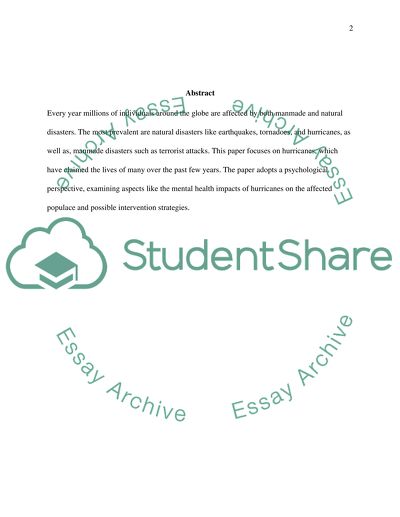Cite this document
(“Disaster, Crisis, and Trauma Assignment Example | Topics and Well Written Essays - 2500 words”, n.d.)
Disaster, Crisis, and Trauma Assignment Example | Topics and Well Written Essays - 2500 words. Retrieved from https://studentshare.org/psychology/1490301-disaster-crisis-and-trauma
Disaster, Crisis, and Trauma Assignment Example | Topics and Well Written Essays - 2500 words. Retrieved from https://studentshare.org/psychology/1490301-disaster-crisis-and-trauma
(Disaster, Crisis, and Trauma Assignment Example | Topics and Well Written Essays - 2500 Words)
Disaster, Crisis, and Trauma Assignment Example | Topics and Well Written Essays - 2500 Words. https://studentshare.org/psychology/1490301-disaster-crisis-and-trauma.
Disaster, Crisis, and Trauma Assignment Example | Topics and Well Written Essays - 2500 Words. https://studentshare.org/psychology/1490301-disaster-crisis-and-trauma.
“Disaster, Crisis, and Trauma Assignment Example | Topics and Well Written Essays - 2500 Words”, n.d. https://studentshare.org/psychology/1490301-disaster-crisis-and-trauma.


